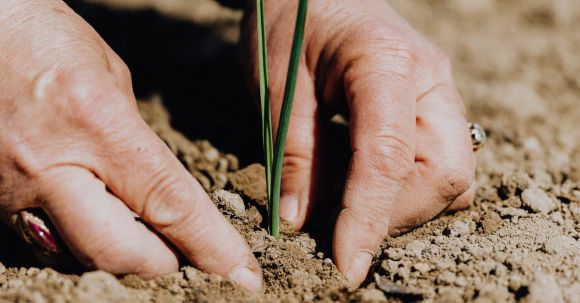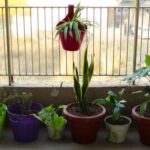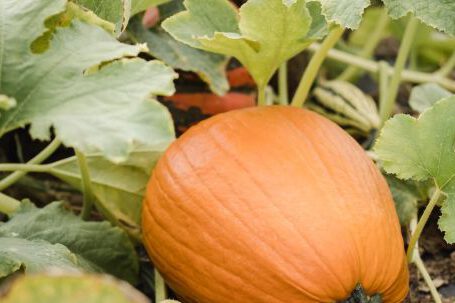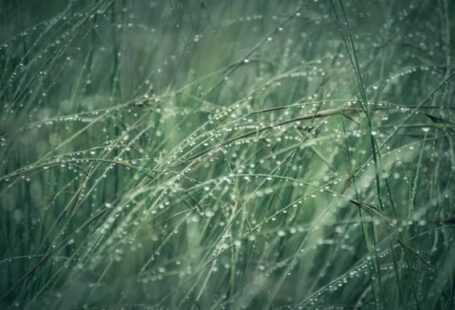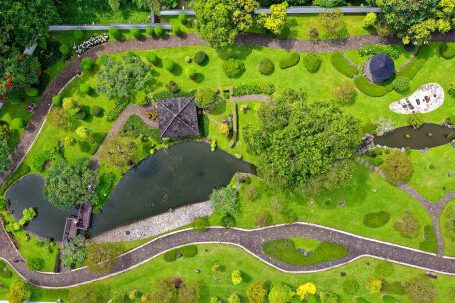When it comes to organic gardening, many people assume that it can only be done in large open spaces. However, the truth is that organic gardening can be successfully practiced even in small spaces, such as balconies, patios, or even windowsills. In fact, with a little creativity and some careful planning, you can create a thriving organic garden in the tiniest of spaces. In this article, we will explore some tips and techniques to help you make the most of your small space for organic gardening.
Choosing the Right Containers
One of the first things to consider when practicing organic gardening in small spaces is the choice of containers. Since you don’t have a lot of space to work with, it’s important to choose containers that are compact and space-efficient. Look for containers that are deep rather than wide, as they will allow for better root development and maximize space utilization.
Vertical Gardening
Another great technique for small space organic gardening is vertical gardening. By growing plants vertically, you can make use of the vertical space available to you. This can be done by utilizing trellises, hanging baskets, or even by creating a living wall. Not only does vertical gardening save space, but it also adds an aesthetic appeal to your garden.
Selecting the Right Plants
Choosing the right plants for your small space organic garden is crucial. Opt for plants that are compact or have a trailing habit, as they will grow well in containers and take up less space. Herbs such as basil, thyme, and parsley are excellent choices for small spaces. Additionally, consider growing dwarf varieties of vegetables, such as cherry tomatoes or mini bell peppers, as they are well-suited for container gardening.
Soil and Fertilizer
To ensure the success of your organic garden in a small space, it’s important to pay attention to the quality of the soil and the use of fertilizers. Use a high-quality organic potting mix that is specifically formulated for container gardening. This will provide the right balance of nutrients and help retain moisture. Additionally, consider adding compost or organic fertilizers to enrich the soil and promote plant growth.
Watering and Maintenance
Proper watering is essential for the health and growth of your plants, especially in small space gardening where containers can dry out quickly. Make sure to water your plants regularly, but avoid overwatering as it can lead to root rot. Consider using self-watering containers or installing drip irrigation systems to ensure consistent moisture levels. Additionally, regular maintenance, such as pruning and removing dead leaves, will help keep your small space garden healthy and thriving.
Pest Control
Organic gardening relies on natural methods of pest control. In a small space garden, it’s important to be vigilant and take proactive measures to prevent and control pests. Regularly inspect your plants for signs of pest infestation and remove any affected parts immediately. Consider using natural pest deterrents such as companion planting, neem oil, or homemade insecticidal sprays.
Harvesting and Enjoying
The joy of organic gardening lies in harvesting and enjoying the fruits of your labor. As your plants grow and mature, make sure to harvest them at the right time. Regularly harvest herbs to encourage new growth, and pick vegetables when they are ripe. Enjoy the flavors of your organic produce in your favorite recipes, and share the abundance with friends and family.
In conclusion, organic gardening can indeed be practiced in small spaces with some careful planning and creative techniques. By choosing the right containers, utilizing vertical gardening, selecting suitable plants, and paying attention to soil, water, and pest control, you can create a thriving organic garden in even the tiniest of spaces. So, don’t let limited space discourage you from practicing organic gardening. Get started today and enjoy the benefits of growing your own organic produce, right at your doorstep.
